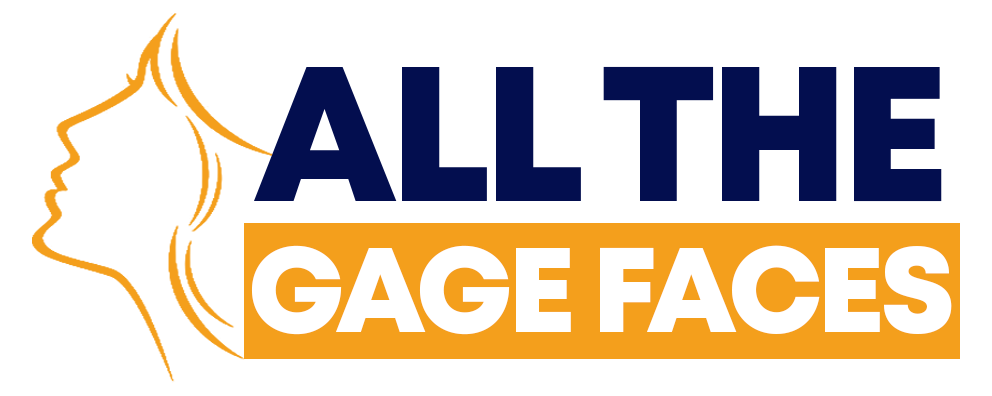Web3 development is the center of attraction for all big tech firms worldwide. It is the next big thing in developing the world wide web. Almost every web development agency is providing web development services with the tag of Decentralised Apps (DApps). This philosophy of division of powers is growing rapidly and aims to take control from tech giants and give more access to sole individuals over their own data. Anyone who aims to learn web technology should opt for web3 development.
What is Web3 Development?
Web3 development is a game-changing concept which aims to give users authority over their data consumption. It is the creation of the world wide web, which runs on a decentralized database and stores everything immutable and transparently in contrast to the existing web2 concept, which is concentrated among several tech giants. As the current web is growing, many corporations have started to shift their attention towards a much more effective way of moving data across networks. The development of this version of the internet is called web3 development.
A Brief History of Web – The Progress from Web 1.0 to Web 3.0
Web1.0
At the start of this revolutionary concept, there were only web pages that served static texts and images. It was the era of the World Wide Web (WWW), also known as Web1.0. It was the physical connection of wires and servers that allowed computers to communicate with each other over a small network.
Web2.0
Later in the 2000s, things started to change, and the world wide web started to evolve with more interactive and intuitive user-generated content. It was named Web2.0 and users were able to not only read content on the web but also produce their own content and share it over the internet. Web 2.0 saw great advancements and big companies like Meta and Microsoft built complete enterprise solutions over it. Facebook, one of the most widely used social media networks, is a prime example of the utilization of web2 technology. It was introduced in 2004 and allowed people to communicate and connect with other people all over the world.
Web3.0
Web 3.0 is the next upcoming iteration of the internet which is not yet live for everyone. The concept and term web3 was coined by Gavin Wood, the founder of Ethereum, in 2014. The idea quickly got the heat as it focused on a decentralized internet which was transparent and aimed to take power from large firms to sole individuals.
Why is Web 3.0 Important?
Web 3.0 is an important concept which can change the whole digital marketing landscape. It aims to transform the world’s economy and convert it into a much more secure tracking system. Web 3.0 will work on blockchain technology to record each data transaction in an immutable way. As Web 2.0 is known as a read and write platform, every web3.0 development company aims to take this concept to the next level by providing read, write and own functionality.
Transparency
One of the primary reasons for the importance of Web3 is its emphasis on transparency. Control and administration of data are in the hands of a few centralized entities in conventional centralized systems, such as social media platforms or financial institutions. Data breaches, censorship, and manipulation can all result from a lack of transparency. Web3 apps, also referred to as DApps, give customers improved insight into data processes by employing blockchain’s immutable and distributed ledger, allowing them to verify and audit transactions and information. This transparency builds user confidence and decreases the need for intermediaries.
Efficiency
Another critical characteristic of Web3 is its ability to improve efficiency in a variety of activities. Traditional systems can involve many middlemen, complicated verification procedures, and lengthy settlement timeframes, resulting in delays and higher expenses. Web3, enabled by smart contracts and decentralized apps (dApps), automates actions and eliminates unneeded middlemen to expedite procedures. Furthermore, decentralized networks allow for quicker and more cost-effective transactions, as well as seamless peer-to-peer interactions without the use of intermediaries. Increased efficiency can potentially transform industries such as banking, supply chain management, and healthcare.
Scalability
Scalability is an important aspect in the general acceptance of any technology, and Web3 development falls under this. Scalability was a critical difficulty in the early phases of blockchain owing to constraints in transaction throughput and network capacity. On the other hand, Web3 development services are tackling these limits by investigating new alternatives. Scaling options, like state channels and sidechains, allow off-chain transactions to be executed, lowering congestion and enhancing scalability.
You may also read: Machine learning in B2B marketing.
Conclusion
In conclusion, Web3 development provides a number of benefits to the digital world, including transparency, efficiency, and scalability. Web3 apps or dApps provide improved transparency by using the power of blockchain and decentralization, allowing users to verify and trust data processes. Web3 development also aims to improve efficiency by automating procedures, eliminating intermediaries, and permitting faster and more cost-effective transactions. Web3 addresses scalability, a significant difficulty in previous blockchain implementations, with unique methods that ensure the platform can handle worldwide user populations and complicated use cases.

